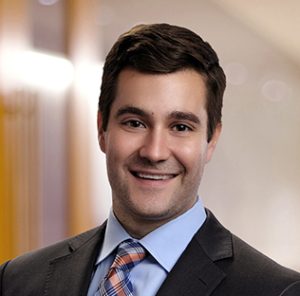SYRACUSE, N.Y. — Upstate Medical University is starting a new residency program that it says will offer nurse practitioners (NP) a new “post-graduate experience while bringing much-needed medical care to underserved communities.”
Upstate’s nurse-practitioner residency program begins in November, using a grant from the Rockville, Maryland–based Health Resources and Services Administration (HRSA), an agency of the U.S. Department of Health and Human Services.
The $2.8 million will fund four, one-year resident positions for each of the next four years in underserved rural, urban, and tribal areas for a total of 16 residency positions.
(Sponsored)

Cybersecurity in Today’s Remote Work Environment
The response to the COVID-19 pandemic demonstrated that remote work was viable for many companies. Today, remote and hybrid work models have become standard options for most professionals. While remote

Are You Ready for the Pay Transparency Law?
Following the lead of New York City and other state and local jurisdictions, New York State’s pay transparency law will be effective September 17, 2023. The law ushers in a
Jennifer Vaughn, executive assistant dean of administration for the College of Nursing, said the goal of the grant is to increase access to health care in underserved areas and provide “much-needed” training for the nurse practitioners.
“It is significant in terms of the need in these areas,” Vaughn added in an Upstate Medical news release.
For more information on how to apply, contact Vaughn at johnjenn@upstate.edu.
Residents will work at East Hill Medical Center in Auburn (rural); the Onondaga Nation Health Center in Nedrow (tribal); and at Liberty Resources Primary Care on James Street and Upstate Family and Preventive Medicine at the Nappi Wellness Institute (urban).
The program is a collaboration between Upstate’s College of Nursing and the department of family medicine, which has family-medicine residents at these locations as well.
Together, the NP and family-medicine residents will receive training one-half day each week. The NPs will receive extra training and rotations in behavioral and mental health and women’s health, two services that are “especially lacking” in these areas, Upstate Medical said.
Dr. Clyde Satterly, chair of the department of family medicine, said adding an NP resident program has long been a goal of his for several reasons, including the opportunities it provides for more interprofessional education.
“I feel this is important to academic medical centers more than ever because it prepares health professions learners who may be coming from different backgrounds and specialties to learn to work in a collaborative team environment,” he said. “This is exactly what we should be doing to provide effective patient-centered population health.”




